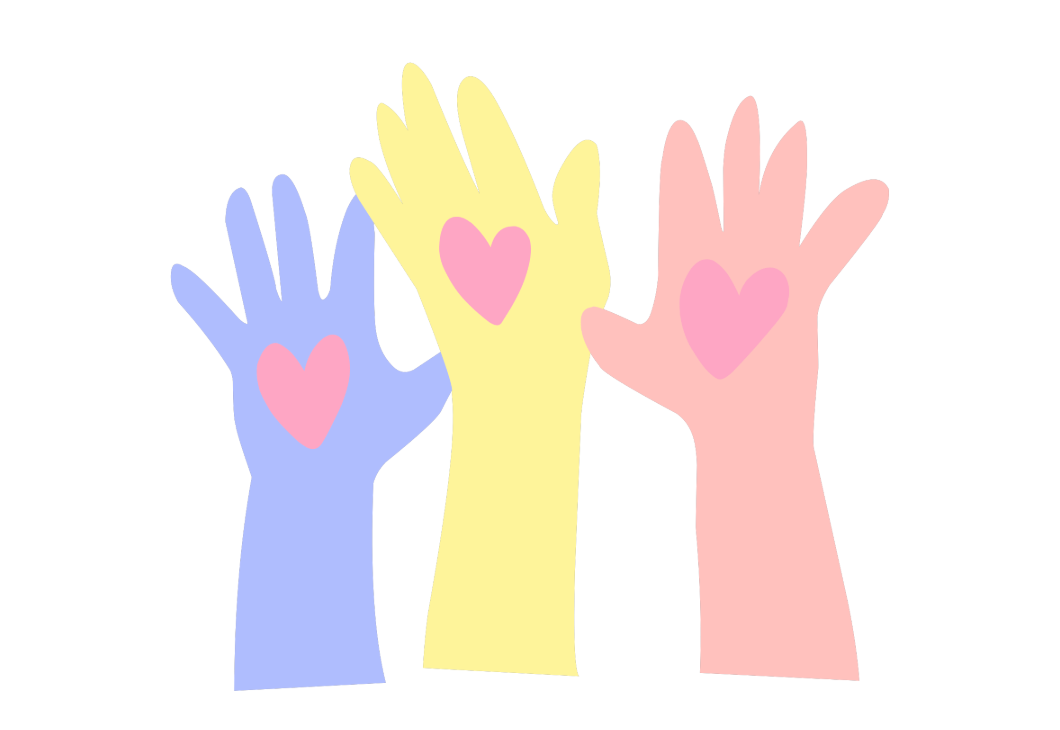Children on the autism spectrum are often described as “children who live among the stars” — not because they are unreachable, but because they shine with brilliance, uniqueness, and gifts all their own.
Yet one of the most common and profound challenges they face is something known as “social blindness” — a lack of intuitive understanding of social cues.

Despite persistent myths, autistic children do not lack the desire to connect. In fact, they often long more deeply to be understood and accepted.
Social skills intervention doesn’t just help build communication — it can transform lives. It supports mental well-being, enhances relationships, and uplifts the everyday experience of both autistic individuals and their families.
30 day money back guarantee
No Credit Card Required Upfront
What Does “Social Blindness” Mean in Autism?
In scientific terms, “social blindness” isn’t a clinical diagnosis, but a metaphorical way to describe the reduced sensitivity to social cues — like facial expressions, body language, and tone of voice — often seen in individuals with autism.
A relevant body of research uses change detection tasks to explore how autistic and neurotypical individuals notice changes in visual scenes.
These tasks rely on a phenomenon known as change blindness — the difficulty of spotting a visual difference unless attention is specifically directed to it.

Interestingly, studies like Fletcher-Watson et al. (2011) found that children with autism are less sensitive to social changes in scenes (e.g., a person’s facial expression) but often more attuned to non-social or marginal changes, such as background objects or colours.
This suggests a unique attentional pattern — one that prioritises fine details over broader social context.
Rather than naturally gravitating toward socially relevant stimuli, many autistic individuals may not “see” these cues unless taught to recognise and interpret them.
This selective attention forms the foundation of what many refer to as “social blindness” — not a lack of care or connection, but a different neurological way of perceiving the world.
While social blindness can present real challenges, the good news is that there are evidence-based strategies designed to support social growth. These interventions can be tailored to each child’s unique needs and strengths.
Curious about where you or your child may fall on the autism spectrum? [Click here to explore self-assessment tools.]
Common Social Skills Intervention Strategies
Social skills must be nurtured progressively, adapting to a child’s developmental stage and applied flexibly across real-life situations.
These strategies are drawn from evidence-based research, as well as guidelines from the British Journal of Developmental Psychology and ASD play therapy models .

1. Early Behavioural Intervention (ABA)
Applied Behaviour Analysis (ABA) helps lay foundational skills — from learning how to share toys to forming meaningful connections.
When delivered ethically and playfully, ABA reinforces behaviours like eye contact, turn-taking, and joint attention.
2. Social Scripts and Comic Strip Conversations
These structured narratives help children understand common social situations through simplified, visual language.
They promote emotional awareness and prepare children for real-world scenarios like attending a party or resolving conflict.
3. Naturalistic Teaching Strategies (NaTS)
These methods — including pivotal response training and incidental teaching — use real-life moments (like snack time or play) as learning opportunities.
They follow the child’s interests and embed skill-building into naturally occurring interactions.
4. Peer-Mediated Interventions (PMI)
Neurotypical peers are trained to actively include autistic children in activities.
This approach is especially powerful in school settings, promoting inclusion and mutual understanding while modelling appropriate social behaviours.
5. Parent-Implemented Interventions
Parents play a central role in reinforcing social communication.
Strategies like narrating play, modelling facial expressions, and encouraging joint attention can be integrated into daily routines — ensuring consistency and progress beyond clinical settings.
Key Elements of Effective Social Skills Intervention
While social skills training (SST) programs are widely used to support children with autism, their effectiveness depends not just on what is taught, but how it is delivered.

1. Make the Abstract Concrete
Autistic learners benefit from concrete examples that clarify abstract concepts like empathy, turn-taking, or personal space.
Effective SST breaks these ideas into tangible, observable behaviors — often using visuals, role-play, and structured feedback.
2. Provide Structured Language and Predictable Patterns
Children with autism often thrive in environments where communication is consistent and expectations are clear.
Using scripts, routines, and visual aids can reduce anxiety and increase understanding.
3. Foster Self-Awareness and Self-Esteem
Confidence builds when children understand their own social strengths and challenges.
Interventions that affirm identity, celebrate progress, and support emotional regulation lead to longer-term gains.
4. Practice Repeatedly Across Contexts
Skills learned in therapy must be applied in real-world situations.
Effective programs offer multiple opportunities to rehearse skills in different settings — at school, at home, and with peers.
5. Blend Delivery Formats Thoughtfully
Both in-person and technology-assisted approaches were found to be similarly effective.
This flexibility opens doors for more accessible, engaging, and individualised interventions.
A Closing Thought: Starting from Hope
While research on social skills interventions is still evolving, one thing is clear — SST holds meaningful promise in improving the quality of life for autistic children and their families.
At Focus Bear, we believe this is only the beginning.
By supporting autistic individuals in building daily routines, managing energy levels, and practicing self-regulation, we hope to complement the work of therapists, educators, and parents.
More than just skills, what autistic children need — and deserve — is understanding, support, and belief.
Through continued collaboration, research, and compassion, we can help every child not just cope with the social world, but truly belong in it.
We’d love to hear your story. Have you or your child tried any social skills training strategies? What’s helped, and what still feels challenging? Leave a comment below, or reach out to our team at Focus Bear — your insights can help others on a similar journey.




